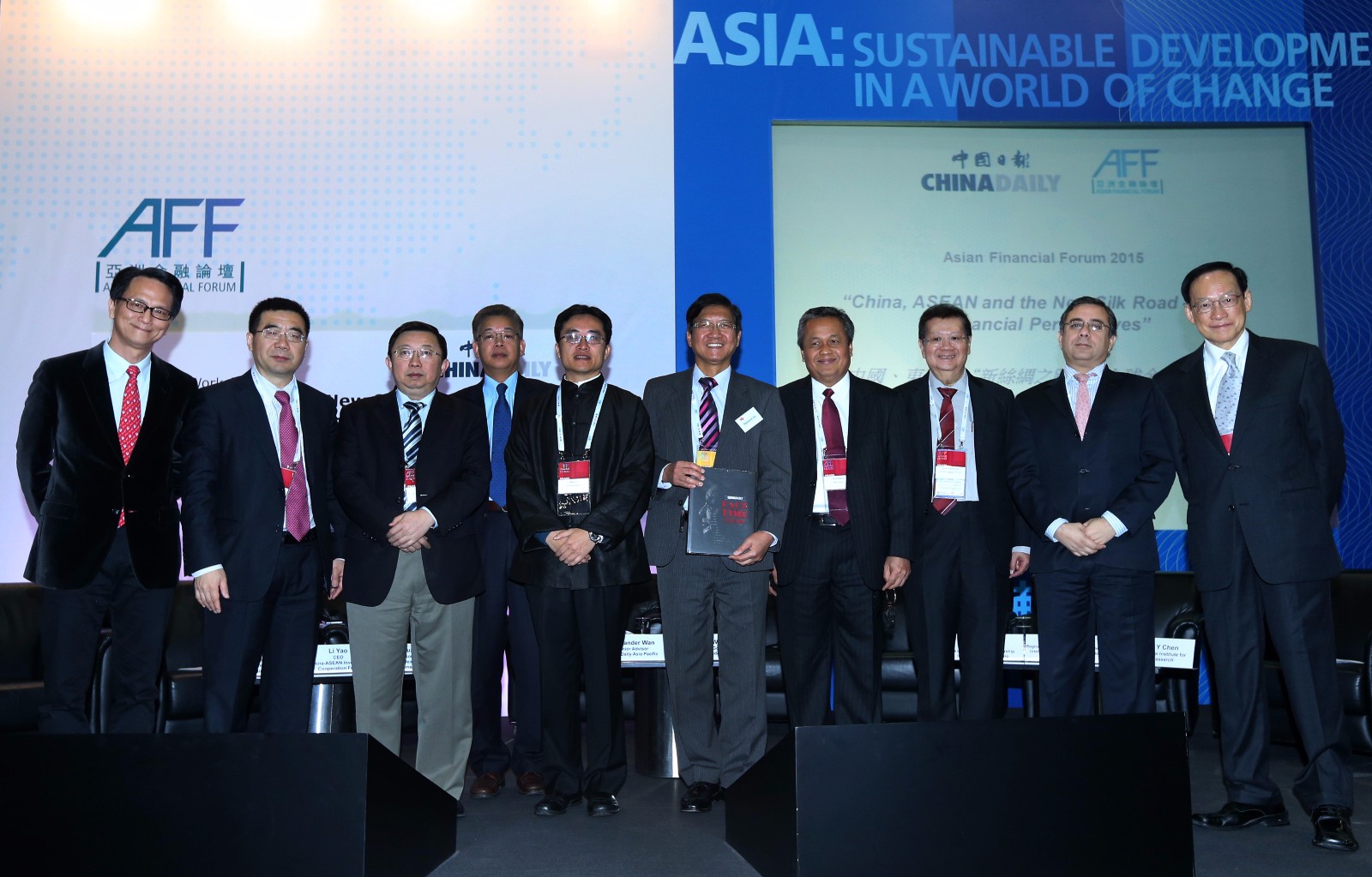2015-01-23

Hong Kong will continue to play an important role in mainland economic growth as long as it deepens cooperation with Shenzhen’s Qianhai and capitalizes on its own advantages, Edward Chen Kwan-yiu, president of the Qianhai Institute for Innovative Research, told China Daily. The Qianhai Shenzhen-Hong Kong Modern Service Industry Cooperation Zone should have a place in the country’s new economic development strategy, especially in terms of developing the mainland’s modern service industry, internationalizing the yuan, liberalizing the capital account and also as a window for mainland enterprises to invest in other countries, Chen said. Chen, who is also Distinguished Institute Fellow and Honorary Professor at The University of Hong Kong, added: “Hong Kong investors should understand and realize the vast opportunities in Qianhai.” He explained that they should understand the importance of Qianhai not as just a small plot of land, they need to understand the mission of Qianhai as laid out by the central government. “If they understand that, I believe more Hong Kong enterprises will go to Qianhai, as well as professionals … Many young people are saying that they don’t have enough opportunities in Hong Kong, why not go to Shenzhen and Qianhai?” This zone aims to benefit both Qianhai and Hong Kong, as it is set against the backdrop of fresh economic growth on the mainland, and the focus of the zone is modern service industries, which include financial, logistics and IT services, as well as the professional and technical services sector, Chen explained, emphasizing that Hong Kong has ample expertise in all four areas. Chen also pointed out that Qianhai needs to be aware of the fact that it cannot attract Hong Kong investors and professionals unless it can convince them that they can do something different in Qianhai compared to the SAR. Many investors and enterprises from Hong Kong are not satisfied with only doing business in Qianhai, they want to use it as stepping stone to reach other parts of the mainland, he said. A lot of work needs to be done, so that Hong Kong and Qianhai can work together to become one effective and cooperative economic zone, said Chen. Meanwhile, Hong Kong must continue to capitalize on its advantages, including its work efficiency, rule of law, supervision and regulation, as well as culture and system, in order to continue to play a key role in the country’s future development, he said. In terms of Hong Kong’s role in the “New Silk Road” trade network, Chen pointed out that the first stage of the road would be infrastructure building, especially sea ports, and mainland enterprises will need a lot of financing for these projects. Qianhai and Hong Kong would be good places for a financing platform, and Hong Kong would also be an intermediary for implementing these investments. Following infrastructure building, there will be a lot of investment opportunities for mainland enterprises abroad, and some policy change may be needed, including on capital control, Chen noted. By then Hong Kong professionals would be very well placed to help capital travel overseas, and help mainland enterprises carry out cross-border merger and acquisitions, he added.